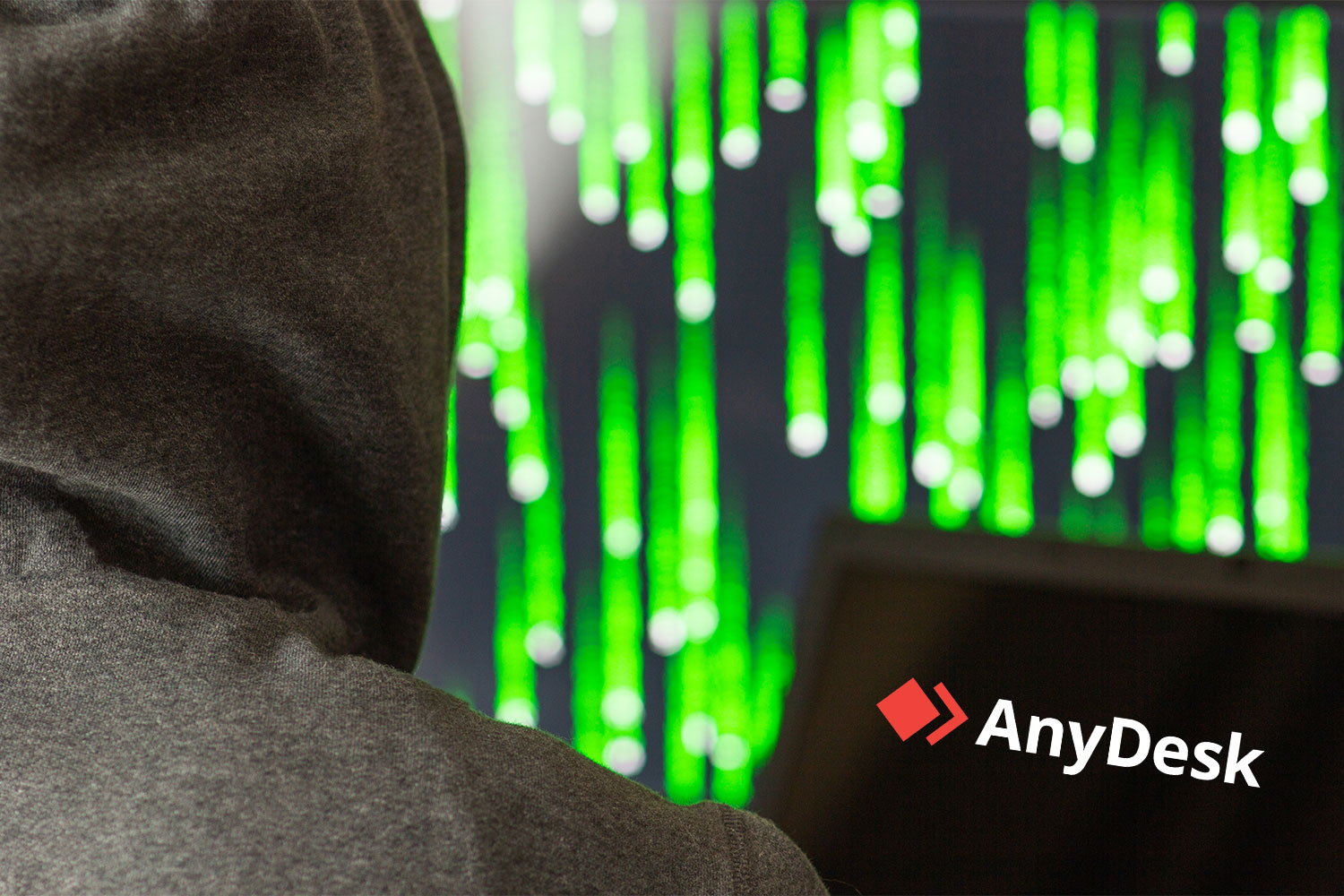Pentagon official Nicolas M. Chaillan's announcement of resignation proved that America is far behind China in artificial intelligence and cybersecurity.
A senior cybersecurity official at the Pentagon said he resigned because the United States felt it was impossible to compete with China on artificial intelligence.
Nicolas Chaillan joined the US Air Force in August 2018 as the first chief of software. He worked to equip the US Air Force and the Pentagon with the most secure and advanced software available.
However, Chaillan left his post on September 2. In his leaving LinkedIn post, he cited the Pentagon’s reluctance to make cybersecurity and artificial intelligence a priority as a reason for his resignation. Speaking to the Financial Times in his first interview after leaving, Chaillan said that China is far ahead of the United States. “We don’t have a chance to compete against China in fifteen to twenty years. Right now, that’s an already done deal, I think it’s already over,” he said. Speaking to the Financial Times, Chaillan said that some government departments in the United States have “kindergarten level” artificial intelligence (AI) capabilities and cyber defenses. Some US departments have also been subjected to hacking attempts and ransomware attacks, he said. In April 2020, the US Treasury, Department of Homeland Security, State Department, and Department of Defense were captured in the SolarWinds hack. During the statement, the hackers were able to spy on the digital activities of the personnel and access some of the emails in the system. Chaillan also told the Financial Times that Google’s refusal to work with the Pentagon on artificial intelligence endangers US national security.
Google stopped working with the Pentagon in 2018 after 12 employees left a project where the Pentagon helped make software that could improve the accuracy of drone attacks.
Chaillan said that China’s cybersecurity and artificial intelligence companies are at Beijing’s disposal. China aims to become the leading AI superpower by 2030, and a National Security Commission report on Artificial Intelligence in March said the US was “not ready to defend the US in the next AI era”.
According to the Financial Times, Chaillan said it didn’t matter if the US spent three times as much on defense as China because it was allocated to the wrong regions.
In a Linkedin post announcing his departure, Chaillan expressed disappointment at the Pentagon’s reluctance to commit to cybersecurity. “I’m tired of constantly chasing support and money to do my job. There is still no sense of duty and no funding in my office this year and next year,” he continued. Chaillan said he plans to testify to Congress about the threat posed by China.
Although Insider asked the Pentagon for comment, the Pentagon chose to remain silent.
Source of News:
businessinsider-com
To reach the Financial Times news;
amp-ft-com.cdn.ampproject.org
To reach Nicolas M. Chaillan's Linkedin post;
linkedin.com
KVKK, ISO 27001, Bilgi ve İletişim Güvenliği Rehberi, ISO 27701, Bilgi Güvenliği, Siber Güvenlik ve Bilgi Teknolojileri konularında destek ve teklif almak için lütfen
PENTAGON OFFICIAL NICOLAS M. CHAILLAN’S STATEMENT OF REsignation PROVIDES AMERICA IS LOVING MUCH AGAINST CHINA IN ARTIFICIAL INTELLIGENCE AND CYBER SECURITY
A senior cybersecurity official at the Pentagon said he resigned because the United States felt it was impossible to compete with China on artificial intelligence.
Nicolas Chaillan joined the US Air Force in August 2018 as the first chief of software. He worked to equip the US Air Force and the Pentagon with the most secure and advanced software available.
However, Chaillan left his post on September 2. In his leaving LinkedIn post, he cited the Pentagon’s reluctance to make cybersecurity and artificial intelligence a priority as a reason for his resignation.
Speaking to the Financial Times in his first interview after leaving, Chaillan said that China is far ahead of the United States.
“We don’t have a chance to compete against China in fifteen to twenty years. Right now, that’s an already done deal, I think it’s already over,” he said.
Speaking to the Financial Times, Chaillan said that some government departments in the United States have “kindergarten level” artificial intelligence (AI) capabilities and cyber defenses.
Some US departments have also been subjected to hacking attempts and ransomware attacks, he said.
In April 2020, the US Treasury, Department of Homeland Security, State Department, and Department of Defense were captured in the SolarWinds hack. During the statement, the hackers were able to spy on the digital activities of the personnel and access some of the emails in the system.
Chaillan also told the Financial Times that Google’s refusal to work with the Pentagon on artificial intelligence endangers US national security.
Google stopped working with the Pentagon in 2018 after 12 employees left a project where the Pentagon helped make software that could improve the accuracy of drone attacks.
Chaillan said that China’s cybersecurity and artificial intelligence companies are at Beijing’s disposal.
China aims to become the leading AI superpower by 2030, and a National Security Commission report on Artificial Intelligence in March said the US was “not ready to defend the US in the next AI era”.
According to the Financial Times, Chaillan said it didn’t matter if the US spent three times as much on defense as China because it was allocated to the wrong regions.
In a Linkedin post announcing his departure, Chaillan expressed disappointment at the Pentagon’s reluctance to commit to cybersecurity.
“I’m tired of constantly chasing support and money to do my job. There is still no sense of duty and no funding in my office this year and next year,” he continued.
Chaillan said he plans to testify to Congress about the threat posed by China.
Although Insider asked the Pentagon for comment, the Pentagon chose to remain silent.
Source of news;
businessinsider-com
To reach the Financial Times news;
amp-ft-com.cdn.ampproject.org
To reach Nicolas M. Chaillan’s Linkedin post;
linkedin.com
KVKK, ISO 27001, Bilgi ve İletişim Güvenliği Rehberi, ISO 27701, Bilgi Güvenliği, Siber Güvenlik ve Bilgi Teknolojileri konularında destek ve teklif almak için lütfen












